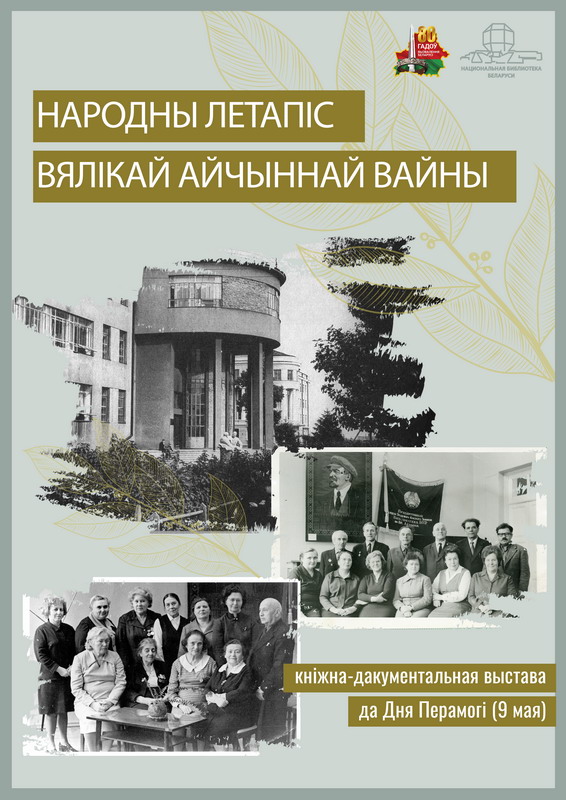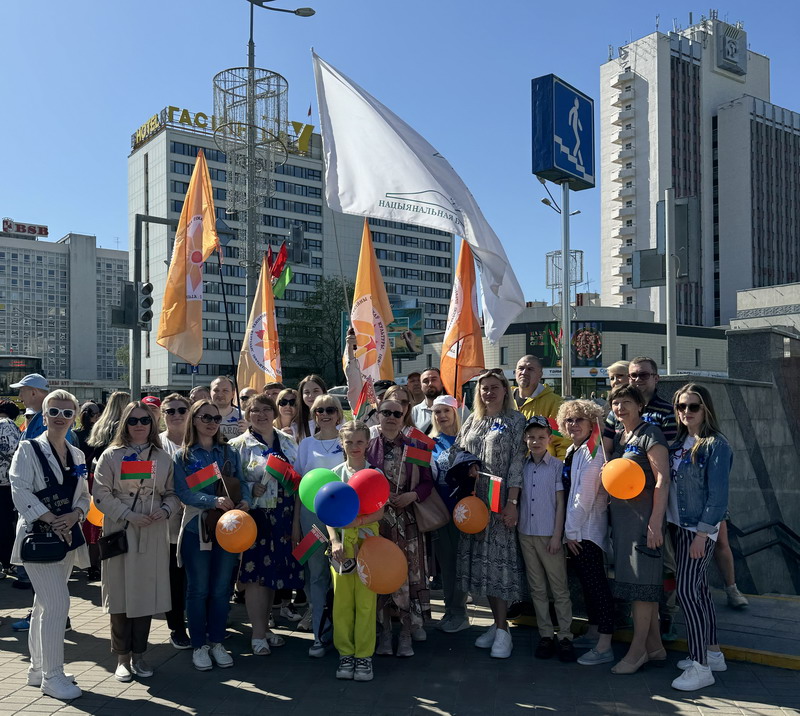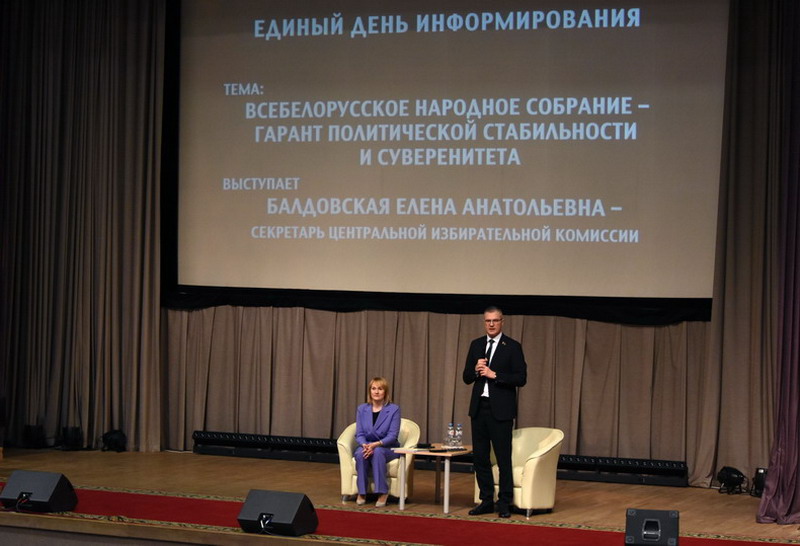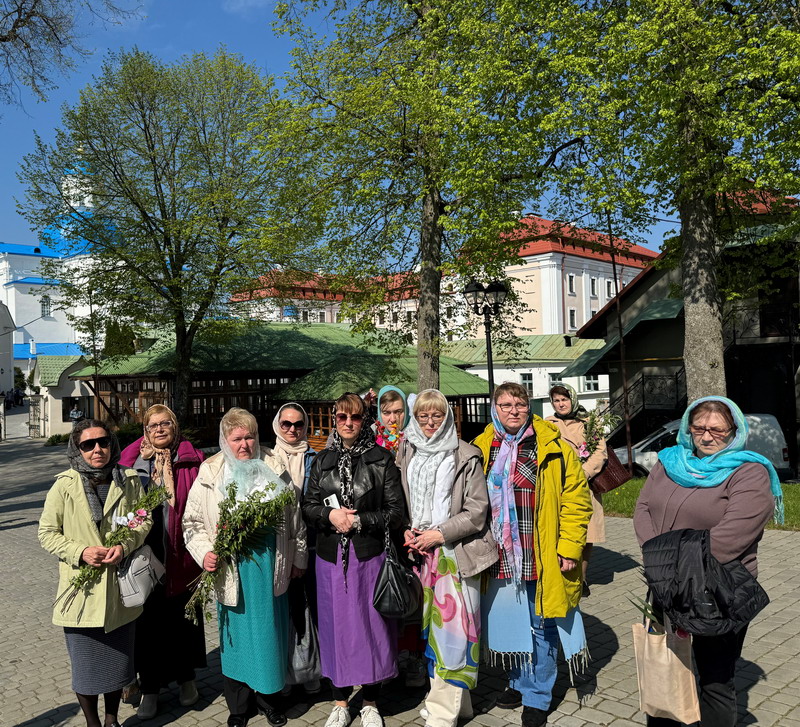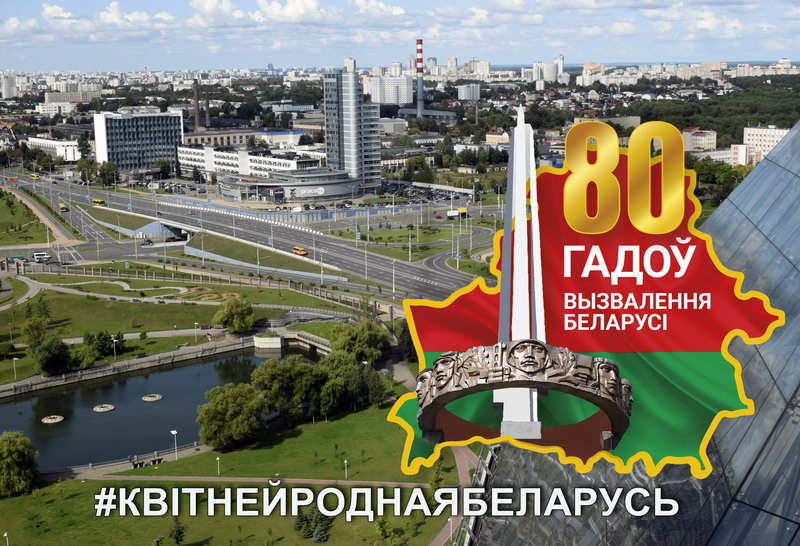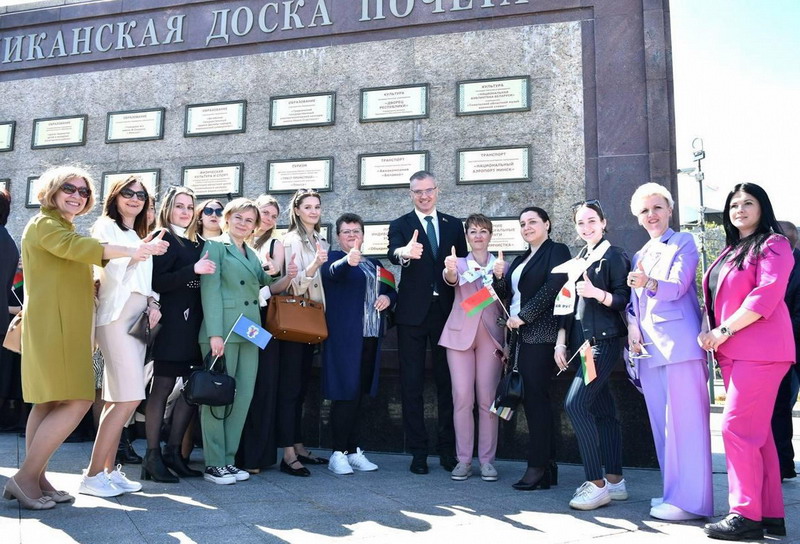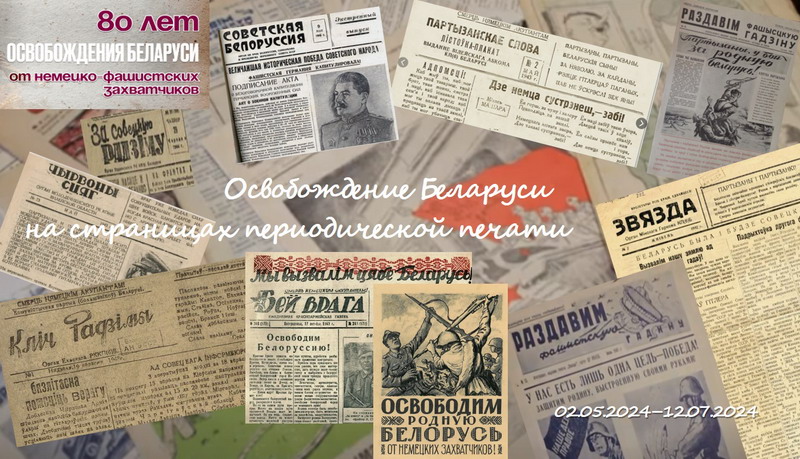A subject book exhibition “The Holocaust: memory and warning” dedicated to the International Holocaust Remembrance Day runs from January 5 to February 10 at reading room 207g.
This Day was established on November 1, 2005, by the United Nations General Assembly (resolution 60/7) and has been observed annually on January 27. The adoption of this document was initiated by Israel, Canada, Australia, Russia, Ukraine and the USA, and more than 90 countries became their co-authors.
The origins of the word “Holocaust” is the ancient Greek holocaustosis that means “the burnt offering”. In modern scientific literature this word means the policy of the Nazi Germany and its allies and accomplices in the Jews persecution and annihilation in 1933–1945. Writer Elie Wiesel (born in 1928), the future laureate of the Noble Prize of Peace, was the first man to use this term as a symbol of gas chambers and crematories in the death camps.
The date of the memorable day was chosen deliberately for on January 27, 1945, the Soviet Army liberated the biggest Nazi death camp Auschwitz-Birkenau (Poland) where millions of people were tortured and killed. The world shrugged having learnt about the Auschwitz. In the very center of Europe, which had given the world the greatest humanists, the huge “industry of death” was demolishing human lives. According to the documents of the Nurnberg tribunal, 2,8 million people, 90 percent of which were the Jews, had to pass this terrible and sorrowful way.
Annually on January 27 the world commemorates Nazi victims – almost a third of the Jewish people and numerous representatives of other nationalities who were subject of a violent discrimination being exposed to deprivation, torture and murder. This very special date is the remembrance of the universal lessons of the Holocaust – this unexampled manifestation of human evil which can’t be left behind in the past or consign to oblivion.
Humanity must remember the lessons of the World War II, understand the reasons of the Holocaust and make future generations know what had happened. Our society must continue studies on the Holocaust to comprehend why the world couldn’t prevent it and other atrocities that followed the Holocaust, and we must do all our best so that it won’t happen ever again. We must state unanimously for present and future generations: nobody can be indifferent towards anti-Semitism, xenophobia and other manifestations of racial or religious intolerance.
The International Holocaust Remembrance Day is the day when the present generation must confirm their devotion to the principles of the human rights respect and do all their best so that all peoples can enjoy the rights the United Nations stands for.
The offered exhibition includes more than 50 documents in Russian, German and English: books, periodicals, brochures and booklets. Among them there are historical documents and memoirs designed to keep in the memory of next generations the terrible lessons of the Holocaust.
The exhibition is interesting to historians, specialists in the international law, the world policy, international relations and the human rights, and also for students, post-graduates and professors.
Useful links
- ”The Holocaust and the United Nations: the Outreach Programme”
- The speech of press secretary of the Permanent Mission of the Russian Federation to the United Nations R,V. Bakhtin at the presentation of Encyclopedia of the Holocaust in the USSR (March 9, 2010)
- Concert “The Holocaust Remembrance: Survivors’ Heritage” timed to the 65th anniversary of the Auschwitz death camp liberation
- The reports of the Secretary General for the UN educational programmes “The Holocaust and the United Nations Organization”
- UNESCO is observing the International Holocaust Remembrance Day
- The booklet about the International Holocaust Remembrance Day (the UN Office in Belarus)
- Electronic notes for speakers
- The General Assembly meeting on the resolution “The Holocaust Denial” (A/RES/61/255)
- The 28th special session of the UN General Assembly timed to the celebration of the 6oth anniversary of Nazi concentration camps liberation
- The Holocaust and the United Nations outreach programme
- The Holocaust and the Nurnberg Process
- Subject declarations and conventions
 |
 |
|||||||
 |
 |



